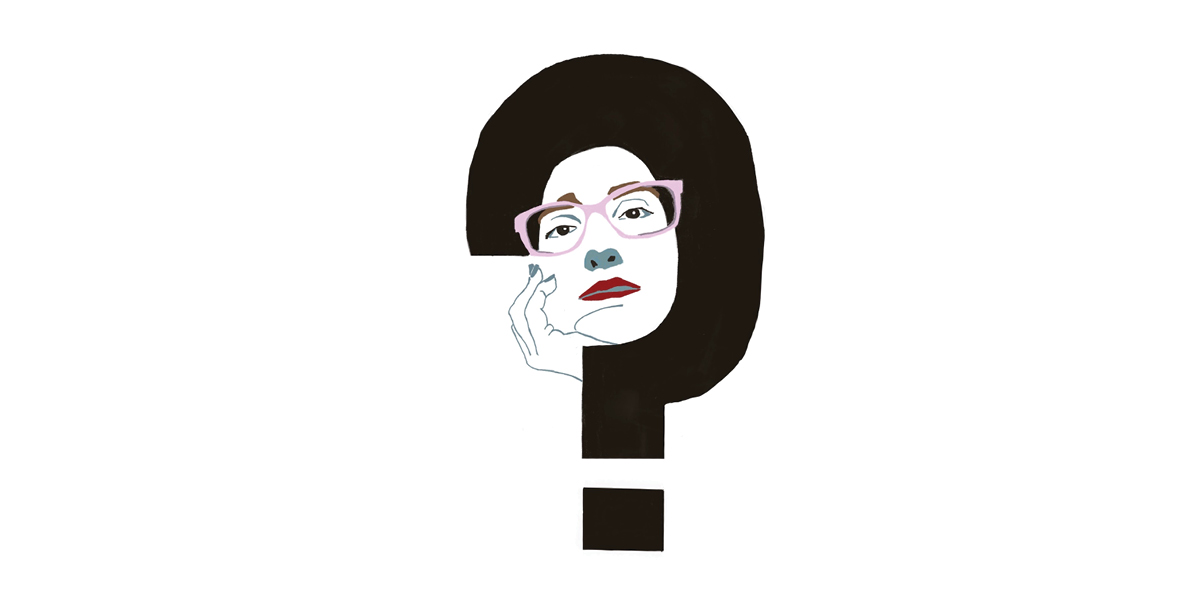In response to the May 2017 Humanists@Work Workshop, this blog series explains the practice and value of building exploratory job searches, as discussed by Debra Behrens (PhD Counselor, UC Berkeley), into our habitual research routines. These suggestions encourage you to use Jared Reddick’s resume-writing technique, the Job Description Analysis (JDA), to initiate your search for a fulfilling career before you even start to write your resume. If you’d like to read a bit more about the resume building process in tandem, check out Shawn Warner-Garcia’s 2015 post.
This series walks you through the strategic process of using keywords and online job databases in order to identify and explore potential career paths. It also focuses on industry-specific searches and highlights a variety of opportunities that are available for humanities MAs and PhDs in tech fields. The strategies employed in this column translate across searches in any industry, especially if you are conducting your search with online tools like Indeed.com or LinkedIn. By examining roles and job functions that are relatively unknown, we will gain fluency in some of the languages that describe careers available to people with the advanced skill-sets and experiences inherent to graduate work in the humanities.
Those of us who teach research-based classes regularly help students refine searches in large information databases. Yet when it comes to starting a research project that has the capacity to transform our professional career trajectories—with all of the risks of failure and rejection that come along with it—graduate students forget to use these skills to identify relevant job categories. This is partly due to the fact that, as graduate students, we are rarely encouraged to describe ourselves in a language that attests to the labor we perform while earning our degrees. So while it might be a bit painful to take responsibility for this process, we must evaluate our activities in relationship to industry-specific markets in order to develop effective job search strategies.
Here are a few activities that you probably engage with on a daily basis:
- Write
- Edit
- Research
- Learn
- Educate
Of course, BAs in the humanities will come up with a similar list. But humanities PhDs master these activities at a high level, facilitate student engagement with tools for accomplishing specific goals, and are incredibly versatile public speakers. What we will find in our search is that the words listed above rarely characterize job functions in and of themselves. Instead, they appear in a diverse array of job descriptions. By analyzing the roles and teams that value these skills, we can then identify the language that companies use to describe roles that use the critical thinking it takes to teach, write, edit and conduct research.
Once you’ve compiled a short list of simple activities, select any industry of employment. Then, identify one company that serves as a leader in that industry. Don’t think too much about your choices at this stage—treat this as an experiment. Given that our most recent workshop took place in Silicon Valley, I’ve chosen to conduct a sample search in the tech industry, and our industry leader for the day is Google. A casual search through the Google Careers site can tell us a lot about how to search within the tech industry, especially if we generate terms that narrow our understanding of where activities like writing and editing take place.
Google’s career site tags and organizes listed roles in a variety of idiosyncratic ways. Though the site allows you to search by “field of work,” “division,” “location” and other filters, I suggest ignoring these options until you’ve become more familiar with job descriptions. As you move forwards with the search, pay attention to how jobs that you find interesting are categorized and develop targeted searches with those categories later.
Even in a general search you’ll find that some words that we use all the time in education appear in tech job descriptions in unexpectedly unproductive ways. Given Google’s strong emphasis on the evaluation and automation of quantitative data, job listings that refer to “research,” “machine learning,” “mentorship,” “PhD,” and even “university relationships” almost always require familiarity with computer programing language and data management software. Job listings that come up under searches for “write,” “edit,” and “educate,” however, are a bit more informative.
In fact, as soon as you conduct searches with “write” and “edit,” you’ll notice that related roles are clearly clustered in fields like Marketing & Communication and Program Management. Other roles, such as technical writers, are housed within with a variety of fields and their skill requirements vary accordingly. For instance, technical writers in software engineering are required to have familiarity with a few basic computer languages, but those in user documentation are not (a mere 5 years of writing experience in English will do). Searches for the words “educate” and “curriculum” reveal that Google has editorial roles related to teaching for both employee and client-facing “training” and “certificate” programs. Google for Education, for example, develops and curates training materials for teachers to learn how to use Google Applications in the classroom.
Though the Google career site certainly does not categorize available roles with humanities PhDs in mind, searches with the words “edit” and “write” provide us with a good sampling of job descriptions for analysis, which is the primary goal of this part of the exercise.
Here are some interesting roles and teams to analyze:
- Staff Writer, Google Ink
- Creative Writer, Brand Studio
- Brand Strategist, Brand Studio
- Creative Writer, Doodle Team
- UX Content Writer, Technical Writing
- UX Writer, User Experience and Design
- Technical Editor, Training and Certification for Google Cloud







